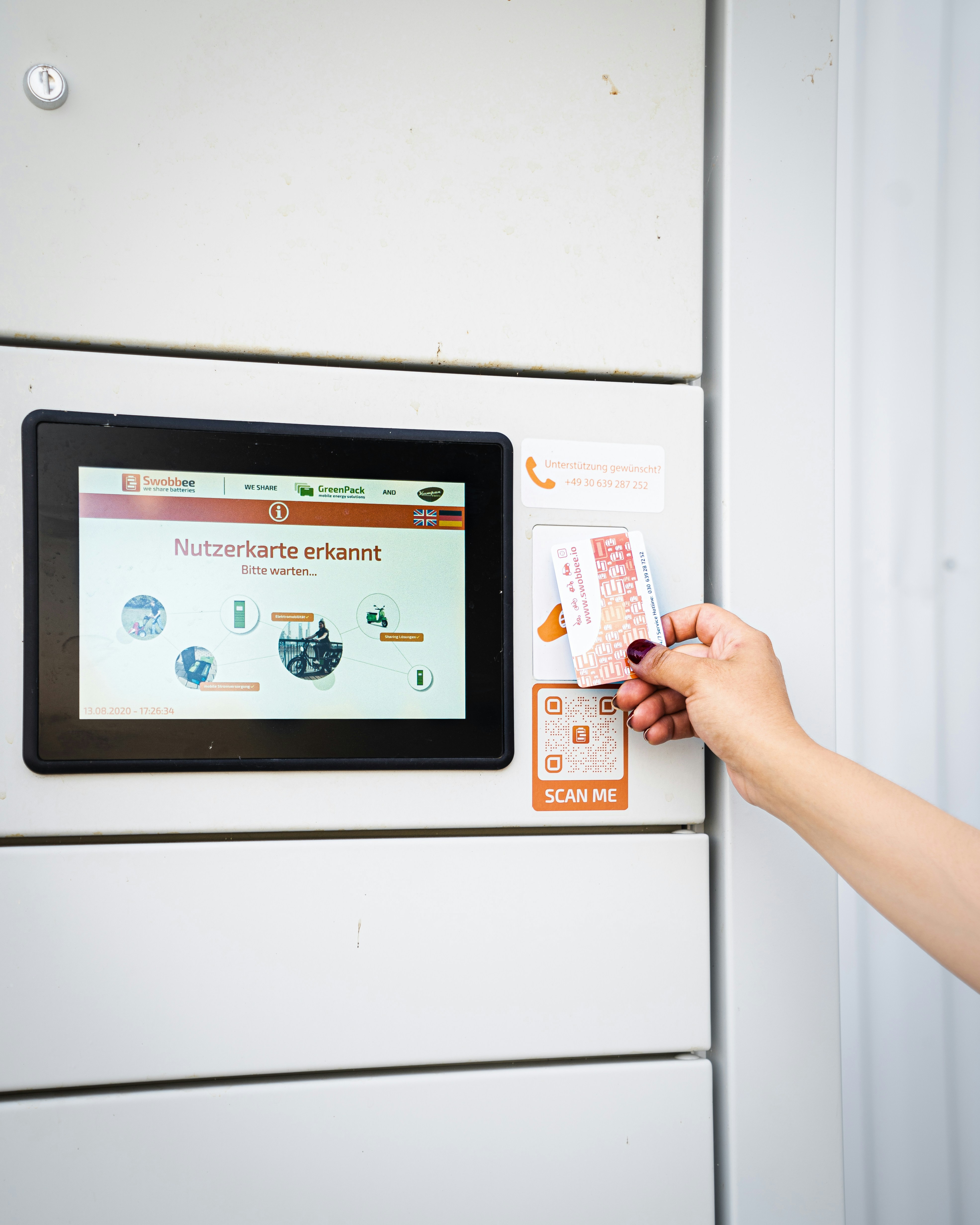What are the advantages of a 12 volt lithium battery in vehicles?
Introduction to 12 volt lithium batteries
Are you tired of the heavy, bulky lead-acid batteries draining your vehicle’s performance? Say hello to a game-changer in automotive technology: the 12 volt lithium battery. These innovative power sources are rapidly gaining popularity among car enthusiasts and everyday drivers alike. With their advanced features and numerous benefits, it’s no wonder that many are making the switch from traditional batteries. Let’s dive into what makes 12 volt lithium batteries stand out and why they might be just what your vehicle needs!
Comparison with traditional lead-acid batteries
When comparing 12 volt lithium batteries to traditional lead-acid ones, several key differences emerge.
Lead-acid batteries have been the go-to option for decades but come with significant drawbacks. They are heavy and bulky, making installation a cumbersome task in many vehicles.
Lithium batteries, on the other hand, offer a compact design that simplifies placement. Their lightweight nature benefits overall vehicle performance as well.
Another critical aspect is discharge rates. 12 volt lithium battery Lead-acid batteries struggle under heavier loads, while lithium options deliver consistent power even when drained significantly.
Moreover, maintenance is often overlooked with lead-acid types; they require regular checks and water refills. Lithium models are almost maintenance-free—just install and forget!
The charging cycles also tell a different story: lithium batteries charge faster and can handle more cycles compared to their old-school counterparts. This translates to less time spent waiting around for your battery to recharge during trips or at job sites.
Advantages of 12 volt lithium batteries in vehicles

12 volt lithium batteries are transforming vehicle power systems. Their advantages stand out in various ways.
One major benefit is the longer lifespan. Unlike traditional lead-acid batteries, which may last a few years, lithium options can endure much longer. This durability means fewer replacements and less hassle for drivers.
Weight also plays a crucial role. Lithium batteries are significantly lighter than their lead-acid counterparts. This reduction not only boosts fuel efficiency but simplifies installation too.
Charging times deserve attention as well. With 12 volt lithium batteries, you experience faster charging cycles compared to traditional options. This enhanced efficiency ensures your vehicle is ready when you need it without extended waiting periods.
Cost-effectiveness emerges over time too. While initial investments might be higher, savings on maintenance and replacements add up quickly, making them an economical choice for many users in the long run.
Longer lifespan and improved performance
One of the standout features of a 12 volt lithium battery is its impressive lifespan. Compared to traditional lead-acid batteries, which typically last around three to five years, lithium batteries can easily exceed ten years with proper care. This longevity translates into fewer replacements and less hassle over time.
In terms of performance, these batteries shine as well. They maintain their voltage levels consistently throughout their discharge cycle. Drivers will notice more reliable starts and steady power delivery for all vehicle electronics.
Lithium technology also means reduced internal resistance. This leads to minimal energy loss during use, ensuring that you get the maximum output when you need it most. Whether it’s starting your engine or powering accessories like lights and audio systems, a 12 volt lithium battery delivers exceptional results every time you hit the road.
Lighter weight and smaller size for easier installation
One of the standout features of a 12 volt lithium battery is its lightweight design. Traditional lead-acid batteries are hefty and cumbersome, making them a challenge to handle during installation.
In contrast, lithium batteries are significantly lighter. This reduction in weight not only simplifies the installation process but also improves vehicle handling and performance.
Their compact size further enhances ease of use. A smaller footprint means they can fit into tighter spaces within your vehicle without compromising on power output.
This adaptability allows for more creative designs in custom builds or retrofits, where space might be limited.
Additionally, their reduced weight alleviates strain on suspension systems, contributing to overall efficiency while driving. Whether you’re an everyday driver or an enthusiast modifying your ride, this advantage makes switching to a 12 volt lithium battery appealing and practical.
Faster charging times and increased efficiency
One of the standout features of a 12 volt lithium battery is its remarkable charging speed. Unlike traditional lead-acid batteries, which can take hours to fully recharge, lithium batteries often reach full capacity in a fraction of that time. This means less waiting around and more time on the road.
Moreover, these batteries maintain high efficiency throughout their charge cycles. They deliver consistent power output without significant voltage drops, ensuring your vehicle runs smoothly even under heavy loads.
This increased efficiency translates into better performance as well. With quicker recharges, you’re less likely to experience downtime during trips or adventures. Whether you’re off-roading or simply navigating daily commutes, the faster turnaround fosters reliability and convenience.
Embracing this technology not only enhances your driving experience but also supports a seamless connection with modern electric systems in vehicles.
Cost-effectiveness in the long run
When considering a 12 volt lithium battery, the initial investment may seem high. However, this cost is often outweighed by long-term savings.
Lithium batteries boast a lifespan that can exceed ten years with proper care. This longevity means fewer replacements and less hassle in the future. In contrast, lead-acid batteries typically need replacing every couple of years.
Moreover, these batteries are highly efficient during use and charging. They waste less energy compared to traditional options, translating into lower electricity bills over time.
Maintenance costs also shrink significantly with lithium technology. There’s no need for routine water checks or equalization charges like you would with lead-acid systems.
In essence, while the upfront price tag might raise eyebrows, investing in a 12 volt lithium battery paves the way for substantial savings as it ages gracefully on your vehicle’s journey.
Compatibility with alternative energy sources
12 volt lithium batteries are becoming increasingly popular for those looking to integrate alternative energy sources, such as solar or wind power, into their vehicles. Their versatility makes them an excellent choice for eco-conscious drivers.
These batteries can efficiently store energy generated from renewable sources. This capability allows vehicle owners to harness the sun’s power during the day and use it to run appliances or charge devices later on.
Moreover, 12 volt lithium batteries have built-in management systems that optimize charging cycles. This feature ensures they work seamlessly with solar panels and other renewable setups.
The lightweight design of these batteries also means less strain on your vehicle’s electrical system when integrating additional components like inverters or chargers. This compatibility enhances both performance and sustainability in modern vehicular technology.
Environmental benefits

12 volt lithium batteries present notable environmental benefits compared to traditional lead-acid options. Their manufacturing process generally requires fewer harmful materials, reducing pollution and resource depletion.
Lithium batteries also boast higher energy density. This means they can store more energy in a smaller space, leading to less frequent replacements and waste over time.
Moreover, they are recyclable. Many components of lithium batteries can be recovered and reused in new products, minimizing landfill contributions.
Their efficiency translates to lower emissions when used in car battery suppliers electric vehicles or hybrid models. As these vehicles gain popularity, the impact on air quality improves significantly.
By choosing 12 volt lithium batteries for your vehicle, you’re supporting a greener future while enjoying enhanced performance and longevity. Each small choice contributes positively toward sustainability efforts across industries.
Conclusion
The shift towards 12 volt lithium batteries in vehicles is becoming increasingly popular. These advanced power sources offer numerous advantages over traditional lead-acid batteries. With their longer lifespan and enhanced performance, they can significantly reduce the hassle of battery maintenance.
The lighter weight and smaller size make installation a breeze, freeing up valuable space in your vehicle. Faster charging times mean you spend less time waiting for your battery to replenish, allowing for efficient use of your vehicle’s energy.
Cost-effectiveness cannot be overlooked either. Although the initial investment may be higher, the long-term savings on replacements and maintenance are undeniable. Additionally, compatibility with alternative energy sources such as solar panels enhances their appeal for eco-conscious consumers.
Environmental benefits also play a crucial role in this transition. As society becomes more aware of its carbon footprint, opting for lithium batteries supports sustainability efforts by reducing hazardous waste associated with lead-acid options.
With all these factors considered, it’s clear that upgrading to a 12 volt lithium battery could greatly enhance both vehicle performance and user experience while promoting positive environmental practices too.
